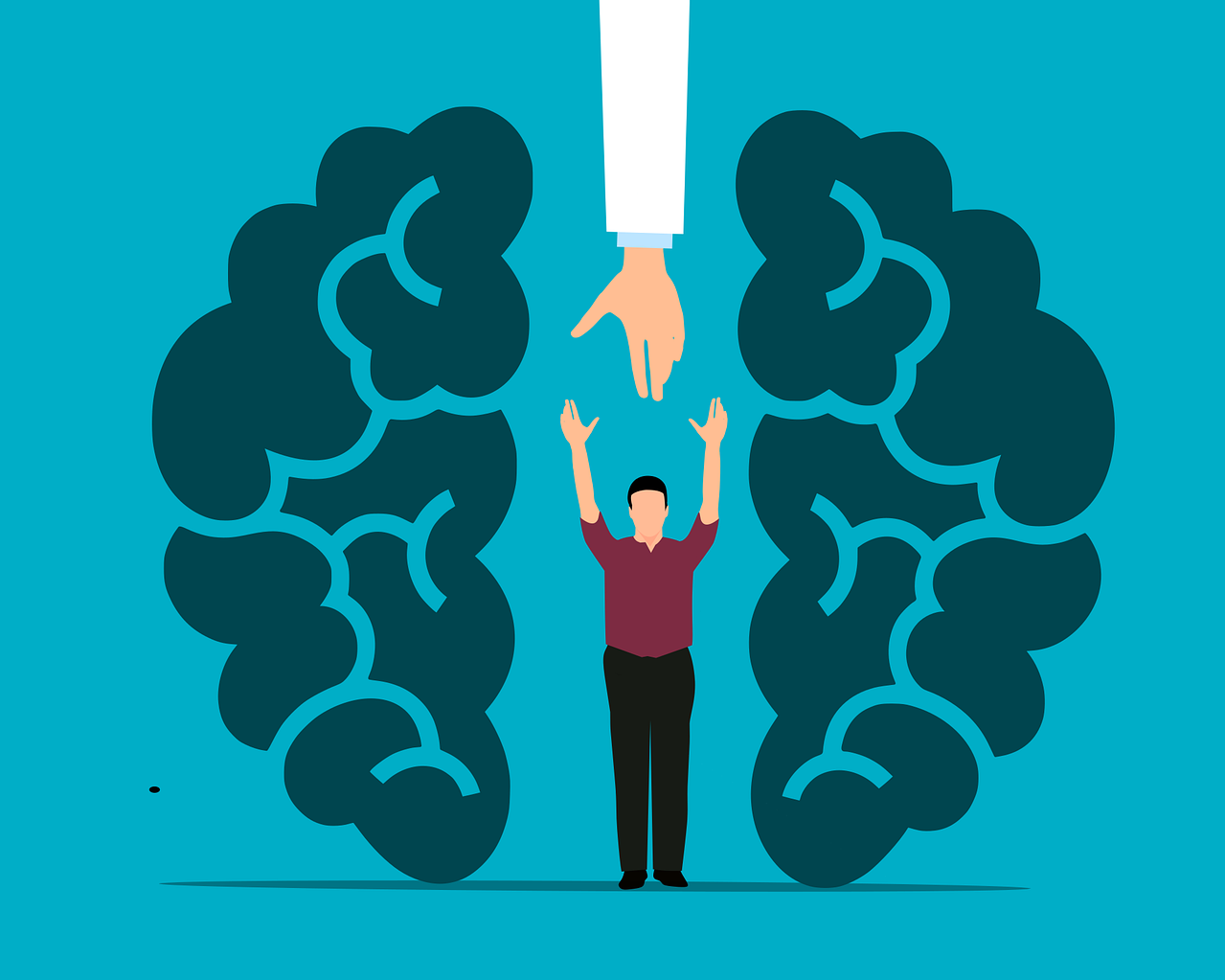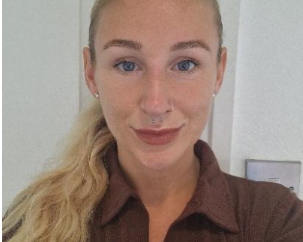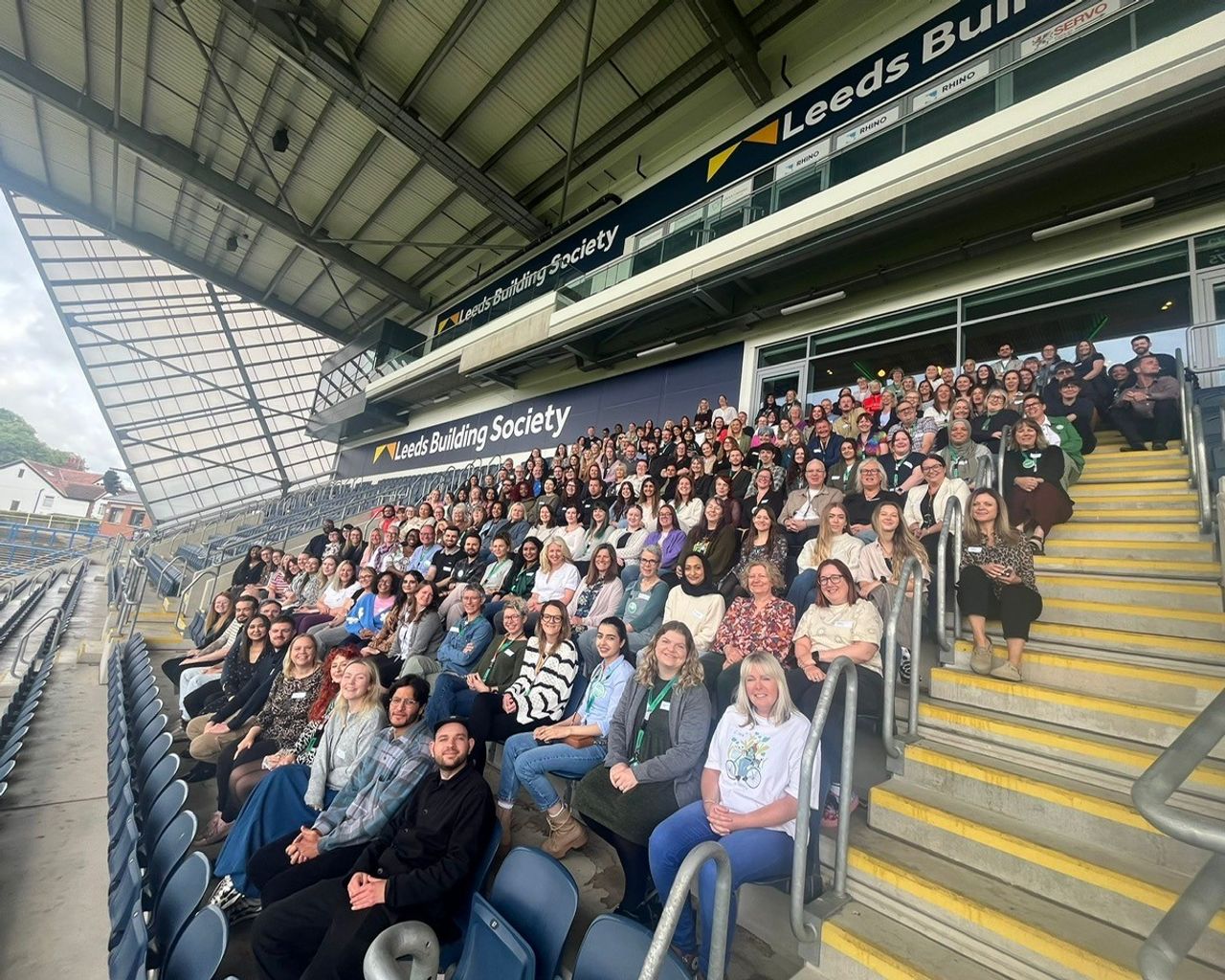To commemorate Neurodiversity Celebration Week, we wanted to learn more about how we can be better allies for neurodivergent individuals.
We caught up with our neurodivergent colleagues, and those working with our neurodivergent clients, to find out how we can be effective allies.
How to be an ally in the workplace
Be patient and open-minded
Everyone processes information differently. Giving extra time or allowing different ways to communicate can be really helpful.
Communication is key
It’s important to be mindful of how we communicate. Use clear, sensitive language, and allow time for colleagues to process information.
Ask how you can help
Instead of assuming what works, just ask. Simple adjustments, like offering written instructions or breaking tasks into steps, can make a big difference.
Celebrate strengths
Neurodivergent people bring unique skills and perspectives. Recognising and valuing those strengths helps build an inclusive environment.
Tailor your approach
When supporting neurodivergent colleagues, it’s important to focus on their strengths. Provide support and understanding by recognising that standard approaches may not work for everyone. Offer constructive solutions, and foster a supportive environment that encourages growth.
Create a flexible work culture
Allowing different approaches to work, whether that’s through reasonable adjustments, assistive technology, flexible deadlines, or alternative ways to share ideas, ensures everyone can do their best.
Being an ally for children and young people
We support young people on neurodevelopmental waiting lists, offering guidance through their journey.
Our Neurodevelopmental Choice Navigator shared valuable insights on how we can serve as allies to these individuals, highlighting ways to provide meaningful support and a deeper understanding.
Understand the Double Empathy Problem
Be aware of the ‘Double Empathy Problem’ (Milton, 2012), which suggests that communication difficulties arise between neurodivergent and neurotypical individuals due to differences in neurotypes.
Both parties can struggle to understand each other, and effective communication requires mutual empathy and effort to find common ground. This can take some navigation, and an open acceptance of exploring a shared meaning.
Discard assumptions or standardisations in ways of working
They may not apply and flexibility will likely be necessary.
Avoid assumptions about abilities
Someone who is incredibly talkative may not be able to tie their shoelaces, or need prompts for toileting. Someone who doesn’t use much or any spoken language may have high levels of receptive understanding.
Find an interest to share
There will be one. Celebrate it!
Support neurodivergent families with empathy
Fostering empathy and consideration of mutual need supports everyone, and also helps the young person feel heard and trusted, as well as empowered to work within a community of other neurodivergent people which can help them be included.
Do you have any more tips on how to be an ally? Let us know at @northpointmh.bsky.social



